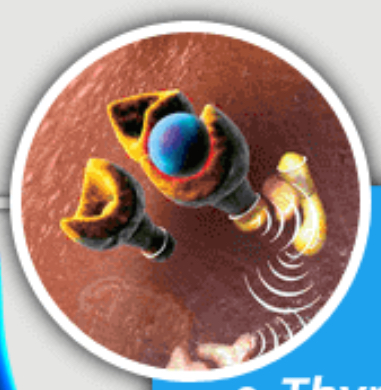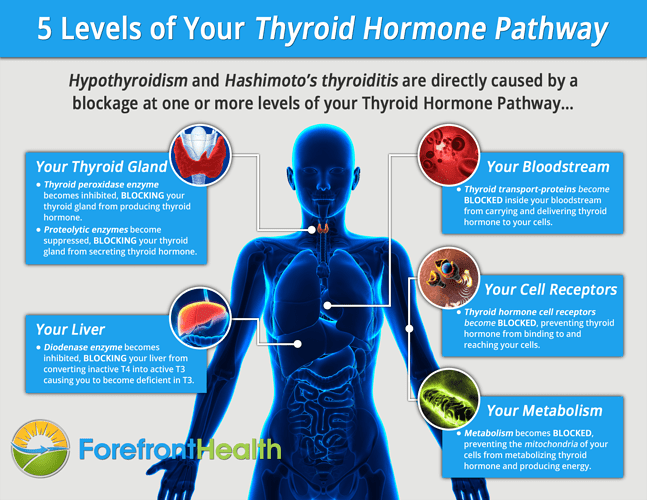Abstract
This review of literature attempts to identify the factors that are involved in the pathogenesis of Hashimoto thyroiditis, an immune defect in an individual with genetic susceptibility accompanied with environmental factors. The frequency of Hashimoto’s disease is a growing trend and among Caucasians it is estimated at approximately 5%. The dysfunction of the gland may be clinically evident (0.1–2% of the population) or subclinical (10–15%). The pathology is diagnosed five to ten times more often in women than men and its incidence increases with the age (the peak of the number of cases is between 45 and 65); however, it can also be diagnosed in children. The pathogenesis of Hashimoto’s thyroiditis is still not fully comprehended. In the etiology of Hashimoto thyroiditis excessively stimulated T CD4+ cells are known to play the most important role. Recent research has demonstrated an increasing role of newly discovered cells such as Th17 (CD4+IL-17+) or T regulatory cells (CD4+CD25+highFoxP3+) in the induction of autoimmune disorders. The process of programmed cell death also plays an equally important role in the pathogenesis and the development of hypothyroidism.






